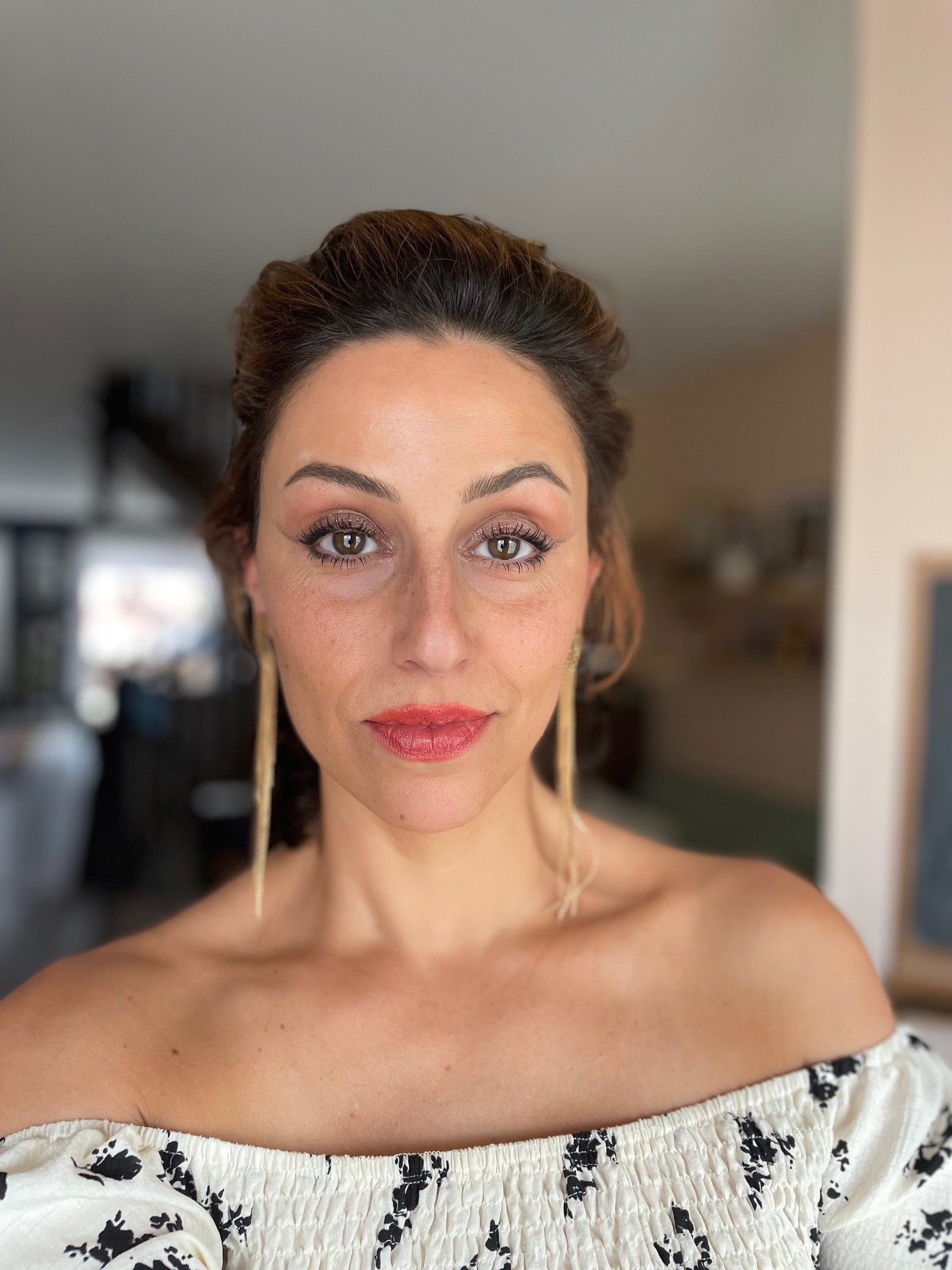A PYNK patient tells her story

By Claudia Grieco
Six months into my wedding engagement and only twenty four years old, I was certainly taken aback by a breast cancer diagnosis. There was much to do, both for planning the party but also my general future. I still hadn’t seen Europe or lived outside of my parent’s house or bought my own groceries. Immediately I was catapulted into survival mode and fell into the arms of the PYNK Program at Toronto’s Sunnybrook Hospital.
The only firsthand experience of cancer I had known was that of my mother. It was a relentless non-Hodgkins lymphoma that killed her two years after diagnosis. She was 47 years old. I was 18, and knew almost nothing about what had actually happened to her. So although I had lived with cancer already, my own disease was unfamiliar, perfectly terrifying, and at times very complicated. Initially I thought, Don’t like, old people get this cancer?
PYNK made it so I understood what was happening to me, and was gracious with its knowledge from day one. The feeling of uncertainty was the heaviest burden to carry, so having support and resources available to bring my unclarity to focus very much helped me take things one day at a time with relative grace and ease.
Mostly I appreciated the guidance and availability of my oncologist and nurse coordinator. When you’re on edge about reacting to a treatment or wake up at night because a question has just occurred to you, having someone to reassure or explain things is sometimes more important that just having the treatments available to you.
The kindness and attention from my team aside, PYNK also offered many research studies and projects that I participated in ranging from genetics, to exercise, to relationships etc. Every project was handled gently and at my own pace. The individual members facilitating each one all had their own insights and knowledge about what was happening to me, and it was extremely helpful to have another avenue of information that aided in my understanding of the disease. Being a part of the studies and projects also gave me a sense of purpose; it felt good having the opportunity to contribute to the research of the effects of breast cancer, as there are many.
As part of my treatment plan I was given the chance to discuss fertility preservation. Having a family was one area of my future that certainly would have gone un-thought-about if it wasn’t for PYNK. Upon diagnosis, I was just so concerned with treating the disease that I never once thought about what would happen after the cancer was gone — I had no idea that the treatments used to save my life could potentially prevent me from creating one. It came as a real blow and I was heartbroken to think that I may not be able to give the man I was about to marry a child. More than wanting to keep my breast and my hair and anything else, I knew for certain that I wanted to someday become a mother. My team not only understood this and knew exactly where to send me, but were the ones to offer the option in the first place. After my breast surgery, and before my chemotherapy, I was referred to the CReATe Fertility Clinic and my fiancé and I harvested embryos.
Fertility preservation is a perfect example of the kinds of needs young women with cancer have that differ from the women who have already had a family or are post-menopausal. It isn’t just the physical preservation but the mental anguish that can go along with it. Along with that, I was induced into menopause for a couple years and experienced a sort of identity crisis when realizing my sex drive had been shot. My team was sympathetic to this but also guided me through it, letting me know that they were always there for me, that there were workshops and other women going through the same thing I could talk to, and despite how hard it was, I never felt alone or misunderstood. They were also extremely receptive and always eager to know my personal experience and feelings so that they could continue to gauge me, and become better and better counsellors for the future women of the program.
Trying to get through breast cancer is so beyond just staying alive — people often forget that we have lives to actually live. PYNK is designed to acknowledge that we have lovers, family, financial obligations, deep feelings about our appearance, etc. When you start looking at breast cancer patients as the complex people we are, you can see how crucial programs like PYNK are. I continue to be monitored by my team and am forever indebted to them for saving my life but also for giving me the chance to live each day with hope, understanding, and endless support.
(Originally published on the Cancer Knowledge Network)





